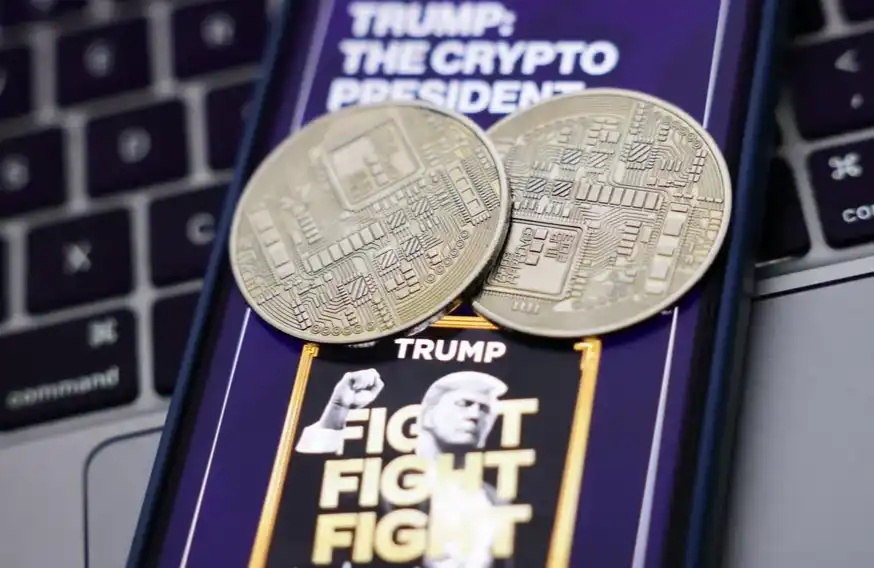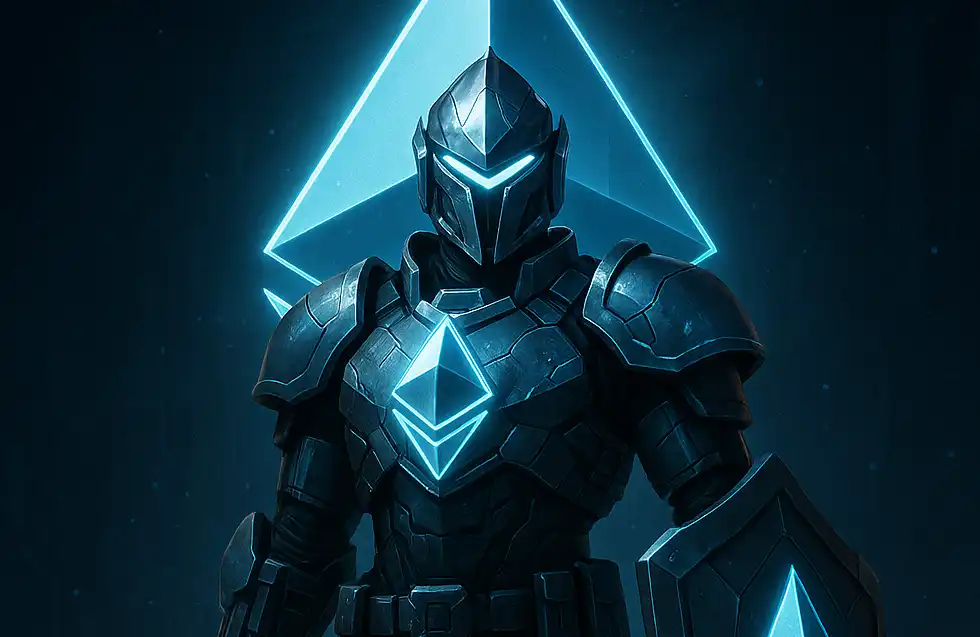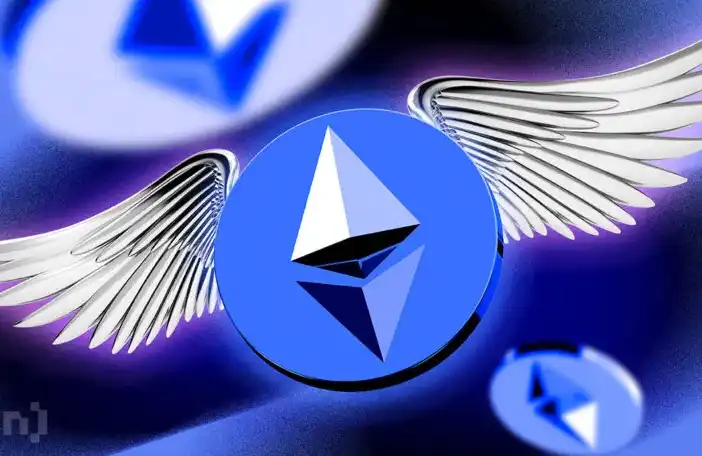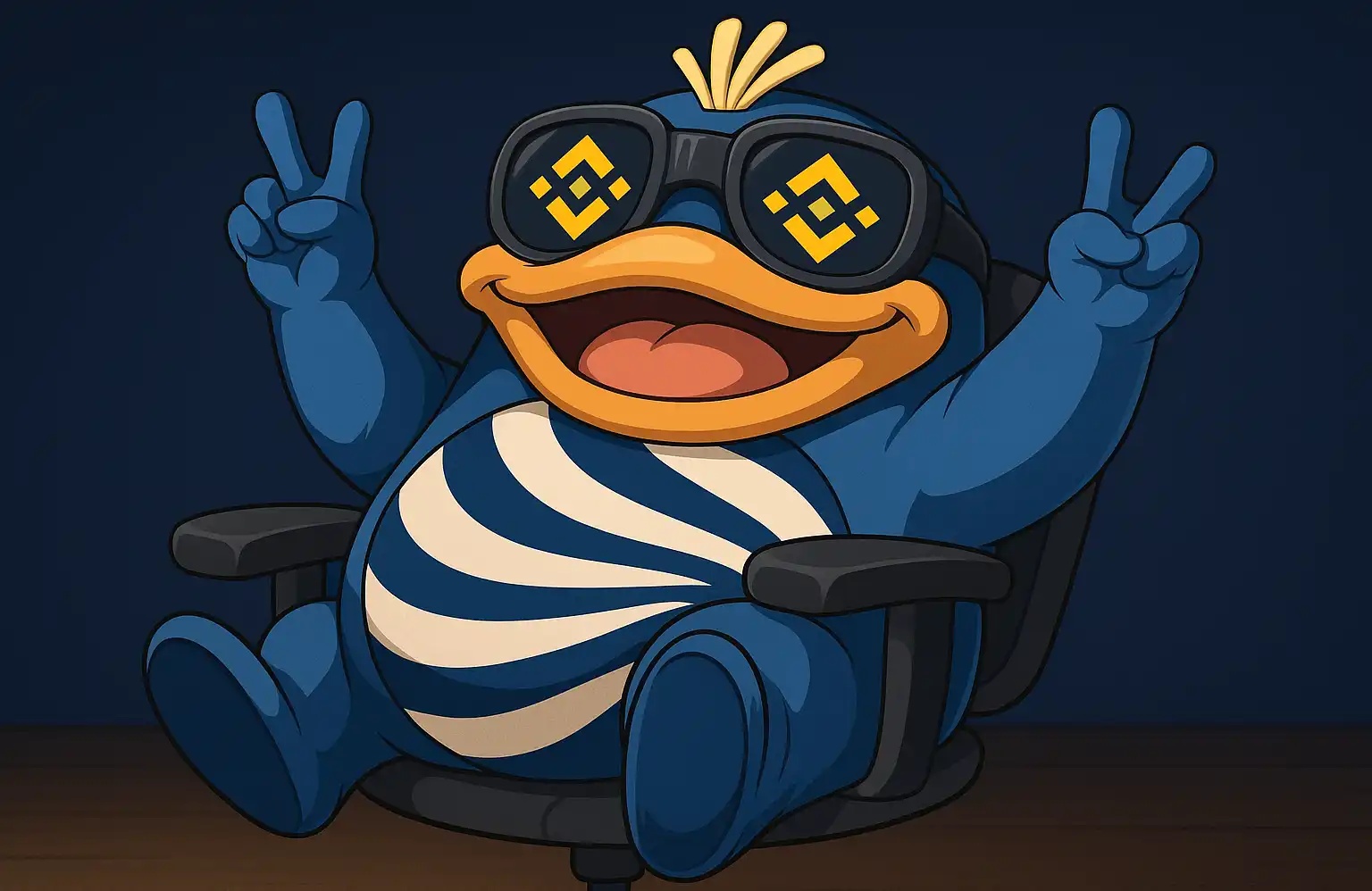The founder of OpenAI has also launched a cryptocurrency project with even greater ambitions than ChatGPT.
Recently, OpenAI's ChatGPT has led a wave of AI sector market booms in the global market. This Monday, BlockBeats has sorted out for everyone which AI concept coins are being traded in the cryptocurrency industry.
But in fact, OpenAI founder Sam Altman has personally launched a cryptocurrency project called "Worldcoin", which aims to introduce "a new, collectively owned global currency, fairly distributed to as many people as possible."

将加密货币公平分配至每一个人
translates to
Distribute cryptocurrency fairly to everyone
According to data, there are over 300 million cryptocurrency users worldwide in 2021, with an average ownership rate of only 3.9%.
Against this backdrop, Worldcoin has put forward a pure and somewhat crazy vision: "to connect the first billion users in a collectively owned cryptographic network."
The reason why it is called "crazy" is because Bitcoin has been through thirteen years of development before finally reaching the milestone of 300 million users for cryptocurrencies.
However, the Worldcoin team has put forward an irresistible reason: "Revolutionary new technologies such as blockchain and cryptography can enable us to do things together that even governments cannot do - increase individual empowerment and equal opportunities on a global scale."
Such a romantic narrative naturally attracted some top-tier venture capital:
In June 2020, Worldcoin raised $25 million in funding at a valuation of $1 billion. Investors included Digital Currency Group, Coinbase Ventures, a16z, Multicoin Capital, as well as angel investors such as Reid Hoffman, the founder of LinkedIn, and Sam Bankman-Fried, the founder of FTX. By the end of March 2021, Worldcoin sought to raise $100 million in funding at a valuation of $3 billion, with continued investment from a16z.
Worldcoin is a Layer 2 network running on Ethereum, with a token supply limit of 10 billion. Except for 2 billion tokens reserved for the Worldcoin Foundation and investors, the remaining 8 billion tokens will be distributed for free worldwide.
However, such a long road inevitably encounters some obstacles - the primary problem of large-scale distribution is: how to distribute tokens to real "people" instead of code or machines? How to avoid duplicate claims by the same person? That is, without any KYC, how to prove that you are you?
For this, Worldcoin launched the largest and most controversial user airdrop activity in the cryptocurrency industry - the Biometric Recognition Airdrop.
Encryption Eye Orb

A thousand years ago, gypsies used crystal balls to predict the future; today, the operators of Worldcoin use Orb to distribute cryptocurrency to people.
The Orb, which looks like an eyeball, is actually an iris recognition device. It is chrome-plated and about the size of a volleyball. It was designed by Swedish industrial designer Thomas Meyerhoffer, who previously worked for Apple and Porsche.

Its main function is to capture human eye images and convert them into a unique IrisHash. Orb first scans the QR code on the user's phone, then captures multiple high-resolution multispectral iris images, calculates a unique IrisHash based on the images, and finally ensures that the registration is legitimate through a set of custom security sensors. Worldcoin uses this method to verify whether the user is real and has received a free share.
Although Orb does not require personal information such as name, address, and phone number, biometric information collection is obviously more sensitive. In Worldcoin's established plan, after collecting the eye image, it will be hashed to generate a unique identifier, and then the eye image will be permanently deleted. And an open-source Semaphore zero-knowledge proof system is used to enhance privacy protection.
Worldcoin co-founder Alex Blania stated in an interview with CoinDesk in October 2021 that the amount each person receives depends on their involvement in the project during its early stages. As more people join, the amount will gradually decrease, but it will generally be between $10 and $200. The money will be distributed over a period of two years, with 10% immediately available in the wallet application generated by Orb.
According to the company's model prediction, by 2023, over 1 billion people will have gazed upon Orb.
Controversial Quagmire
Starting from the second half of 2021, Worldcoin has launched a series of offline promotion activities. In some countries and regions such as Africa, South America, Europe, and Asia, people often see promotion teams carrying silver ball-shaped devices on the streets, seeking to record the iris information in the eyes of passersby. As a reward, participants can often receive a small gift and a "voucher" for cryptocurrency assets claimed to be worth tens of dollars.
The way of anti-cheating by collecting iris is very special, but Worldcoin's initial promotion plan still achieved good results. The company first launched ground promotion in underdeveloped countries and regions around the world, and recruited multiple Orb operators. Well-performing operators can attract about 1000 users per week for each Orb device, and one Orb even registered 2198 users in a week.

People in impoverished areas are more likely to accept gifts that sound free, which is clearly one of Worldcoin's strategies. However, the good times don't last long, as participants holding "worthless checks" are becoming impatient due to Worldcoin's delay in issuing tokens.
"Lies, Worldcoin and other scams are no different," a user questioned on social media. Similar voices have sparked agreement from many, especially after not receiving tokens for over three months, causing many to view Worldcoin as a fraudulent project.
When the overwhelming doubts come, the first line of defense is not the Worldcoin official team, but the Orb operators around the world.
Due to the direct contact between Orb operator and users, users vent their dissatisfaction to them for the first time. One user wrote in a text message to Orb operator, "It's been over three months now, what have you done to our eyes?" Another person referred to Orb operator as a "thief" and accused them of stealing their eye biometric data.
According to an offline operator, their team has received hundreds of angry messages about Worldcoin, causing them to bear immense psychological pressure.
In fact, most Orb operators are not part of Worldcoin company, they are third-party promotion teams sought by the company to receive rewards based on the number of registered users. According to the operators, they also face many problems such as equipment failures, performance pressure, and changes in salary structure, in addition to user accusations.
According to a document obtained by BuzzFeed, if the number of registered users of an operator is less than 500 for two consecutive weeks, it means that they have not met the standard, and they will lose their Orb device. Meanwhile, some operators in African countries quit their previous jobs and spent money printing Worldcoin T-shirts as gifts after being approved. However, it took Worldcoin 5 months to deliver the Orb to them, and there were defects when it was delivered. In addition, Worldcoin is also continuously adjusting the income obtained by Orb operators. They must complete as many registration targets as possible to maintain their income level.
Currently, many users and Orb operators are dissatisfied with Worldcoin, and some operators have even chosen to strike. Beyond these negative emotions, the bigger challenges that Worldcoin faces are privacy and regulatory issues.
Collecting human biological information is already very sensitive. Earlier, former CIA employee Snowden publicly criticized Worldcoin for using human information for encryption, stating that "the human body is not a ticket printer".
Worldcoin stores the generated hashes from scans and matches them for future scans, "this is very bad".
Facing privacy controversies, Worldcoin has stated that it is only to ensure the effectiveness of anti-cheating measures, and once the company's algorithm is optimized, all iris databases will be deleted. However, this deletion operation is difficult to supervise, and the company has not disclosed the specific time when the algorithm will be optimized, nor has it indicated when to stop collecting data.
Due to the global nature of this project, which has collected hundreds of thousands of eye images in more than 20 countries, Worldcoin has attracted increasing attention from regulatory agencies around the world.
Currently, many countries have regulations that prohibit commercial companies from transferring privacy data overseas, and Worldcoin has clearly crossed this red line. Taking Kenya as an example, this African country has passed a data protection law that prohibits companies from transferring biometric data overseas without the approval of the newly established data protection commissioner's office. According to the data consent form, Worldcoin is currently processing user data in the United States, United Kingdom, Germany, Japan, and India.
The controversy and legal issues surrounding privacy infringement have caused significant obstacles to the development of Worldcoin. According to Bloomberg, Worldcoin has suspended operations in at least seven countries after the departure of Orb operator or the regulatory ban on its business.
The Worldcoin, named after the "world currency" and aimed at achieving this goal, has fallen into a quagmire. Despite the support of a luxurious VC lineup, the legal issues of the Worldcoin project itself pose a direct threat to its survival in the face of multiple challenges such as fraud questioning, privacy infringement, and violation of privacy protection regulations. The goal of a "world currency" seems highly unrealistic.
Underwater Progress
On August 24, 2022, Techcurch reported that Max Novendstern, co-founder and CEO of Worldcoin, has resigned and started a new startup called Mana. There has been no news since the $100 million financing in March 2021.
At first glance, Worldcoin seems to have become one of those "sky-falling level projects" with a lot of noise but little substance: delayed coin issuance, financing with no follow-up, a team falling apart, privacy concerns that are "politically correct," political red lines on human rights in third world countries, ethical controversies surrounding biometric data collection, and a promotion strategy with a strong taste of pyramid schemes. Even the founder, Sam Altman, has not mentioned the project in public for a long time, leading people to believe that it has been forgotten in OpenAI, his other "child."
However, if you carefully observe Worldcoin's official Twitter and combine it with some thinking, you can actually see that the project is moving forward in an orderly manner. Co-founder Max Novendstern resigned and started his own business in the early stages of the project in 2021. This time point means that his departure is not related to the quality of the team and the project itself, and with Sam Altman's influence in Silicon Valley, funding is clearly not a hindrance to the project. Worldcoin once disclosed in a statement its plan to transform the company into a non-profit organization, which is hard not to think of Sam Altman's operation on OpenAI - a pure initial intention and a practical technology roadmap.

Worldcoin has recently disclosed the working principle of World ID (our Privacy-Preserving Proof of Personhood Protocol) in its official update, and once again emphasized that unless users explicitly agree to data custody, images will never leave Orb, and there is no link between IrisCode and the user's wallet, ensuring algorithm-based one-way privacy protection throughout the entire process.
World ID can be seen as a completely different path in the "DID" solution, aiming to permanently solve the problems of witch attacks and human rights in privacy identity. Once successful, it will have a profound impact on the entire public chain ecosystem and Web3 social networking. World ID announced its partnership with Lens in October 2022, introducing iris code into its identity verification process. Similarly, iris code will not reveal your identity, only ensure uniqueness.
On January 27, 2023, Worldcoin announced that after three years of promotion, the number of participants exceeded one million, and the design and working principle of the hardware Orb were publicly disclosed for the first time, preparing for larger-scale open source in the future. Everything seems to be proceeding in an orderly manner.
OpenAI has been dormant for many years, attracting many onlookers, but many people think it is just a big shot playing around. It wasn't until they created ChatGPT that people were amazed at the need for pure original intentions in technology. However, Worldcoin, with its hidden potential, may also be another original intention of Sam Altman.
The discussion about the cryptocurrency market is too narrow, but we can focus on the progress of the projects. Dreams may be said to be higher than the sky, but the market follows the dreams. The market is booming, and perhaps it is just the beginning of the next grand feast.
Welcome to join the official BlockBeats community:
Telegram Subscription Group: https://t.me/theblockbeats
Telegram Discussion Group: https://t.me/BlockBeats_App
Official Twitter Account: https://twitter.com/BlockBeatsAsia


 Forum
Forum OPRR
OPRR Finance
Finance
 Specials
Specials
 On-chain Eco
On-chain Eco
 Entry
Entry
 Podcasts
Podcasts
 Data
Data

 Summarized by AI
Summarized by AI





